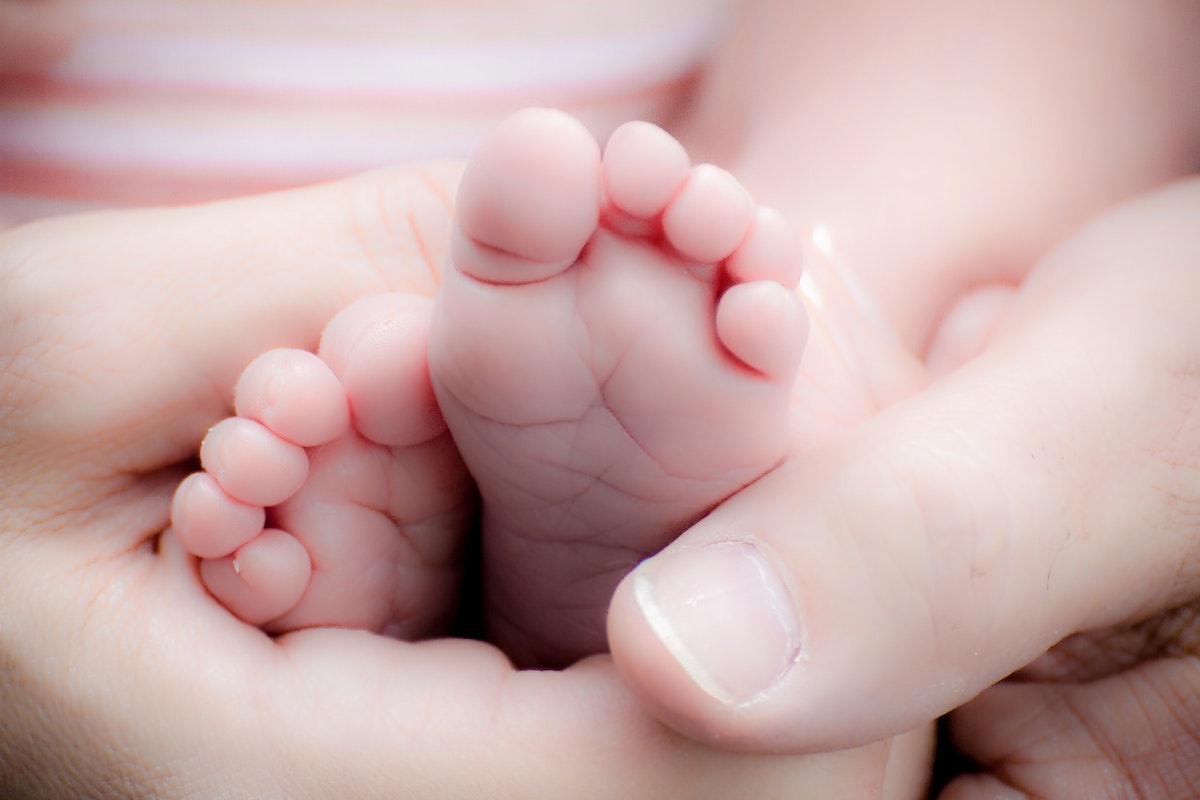Newborn care is about creating a nurturing environment to support your baby’s growth and well-being. To provide proper care, focus on establishing a safe and structured routine. This helps address your newborn’s safety, nutritional needs, and overall health.
Set Up a Safe Nursery Environment
A safe nursery environment is beneficial for any newborn care routine. To minimize hazards, check that your crib meets safety standards, with a firm mattress and no loose bedding, and always place your baby on their back to sleep to reduce the risk of sudden infant death syndrome (SIDS). Secure all cords, wires, and window blind strings to prevent entanglement, and keep small objects out of reach to avoid choking hazards. Install a smoke detector and maintain a consistent room temperature to create a comfortable and secure sleeping space for your newborn.
Understand Newborn Sleep Patterns
Newborns typically sleep 14–17 hours per day, divided into shorter periods due to their feeding schedules. Their sleep cycles are irregular at first but gradually stabilize over time. Place your baby on their back in their crib for naps and nighttime sleep to reduce risks. Limit environmental stimuli during nighttime feedings to encourage a clear distinction between day and night.
Use Effective Feeding Techniques
Proper feeding is necessary for your newborn’s development. Whether you choose to breastfeed or bottle-feed, the goal is to provide consistent nutrition:
- Breastfeeding: Provides nutrients and antibodies that support the immune system. Aim to initially feed every two to four hours, and check for a proper latch to avoid discomfort.
- Bottle feeding: Provides a controlled option for formula or expressed milk. Check the temperature of the milk before feeding to prevent burns, and follow sterilization protocols for bottles and nipples.
Hold newborns securely during feeding and encourage burping after each session to prevent gas and discomfort.
Monitor Health
Newborns require regular monitoring to identify potential health issues that may arise. Be on the lookout for warning signs, such as a fever over 100.4°F (38°C), breathing difficulties, persistent diarrhea or vomiting, or signs of dehydration, including a dry mouth or fewer wet diapers. Contact a pediatric healthcare provider immediately if you notice any concerning symptoms or unusual behaviors.
Schedule Regular Checkups
Consistent medical evaluations help keep your newborn’s growth and development on track. These appointments typically involve:
- Measuring height, weight, and head circumference
- Conducting a complete physical exam, including checks for vision, hearing, and reflexes
- Addressing feeding habits, sleep patterns, and general safety measures
Discuss any questions or concerns with your pediatrician during these visits to gain valuable insights into your newborn’s care.
Vaccinations and Examinations
Early immunizations protect your child from serious diseases such as polio, diphtheria, and Haemophilus influenzae type B. During newborn care visits, pediatricians administer recommended vaccines and develop a personalized vaccination schedule tailored to the child’s needs. These visits may also include screenings for congenital issues to allow early detection of potential concerns.
Prioritize Newborn Care
Establishing a safe and structured newborn care routine involves creating a secure nursery environment, understanding the sleep and feeding requirements of the newborn, monitoring their health, and maintaining regular check-ups. By following these guidelines, you can lay the foundation for your baby’s health and development. To learn more about comprehensive newborn care or to schedule your baby’s next appointment, contact your pediatric provider today.
- mylovelyfurryfriend discover expert tips on dog health
- Infectious Diseases Updates – Stay Informed, Stay Protected!
- Wegovy For Weight Loss – A Breakthrough in Managing Obesity!
- Emergency Medicine Forum – A Hub for Fast-Paced Knowledge, Support & Updates!
- Pediatrics Discussions – Insights, Challenges, and Expert Advice for Better Child Health!





Leave a Reply